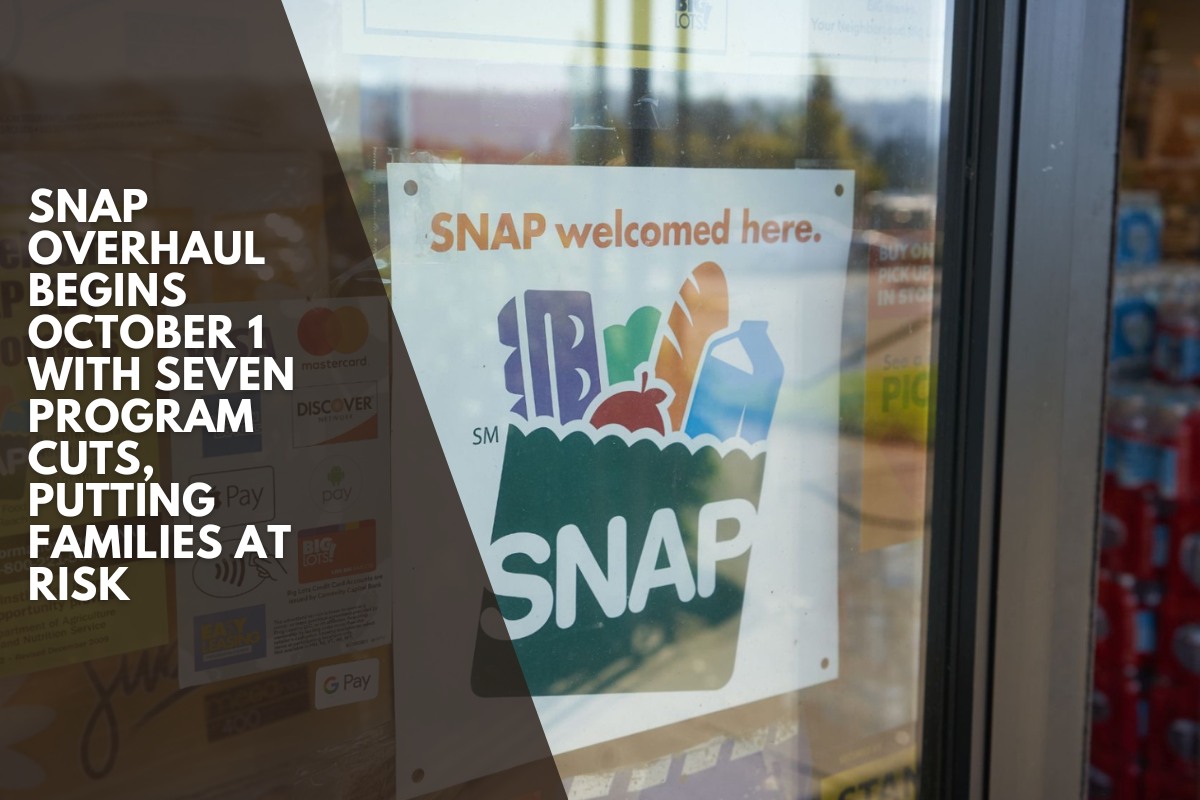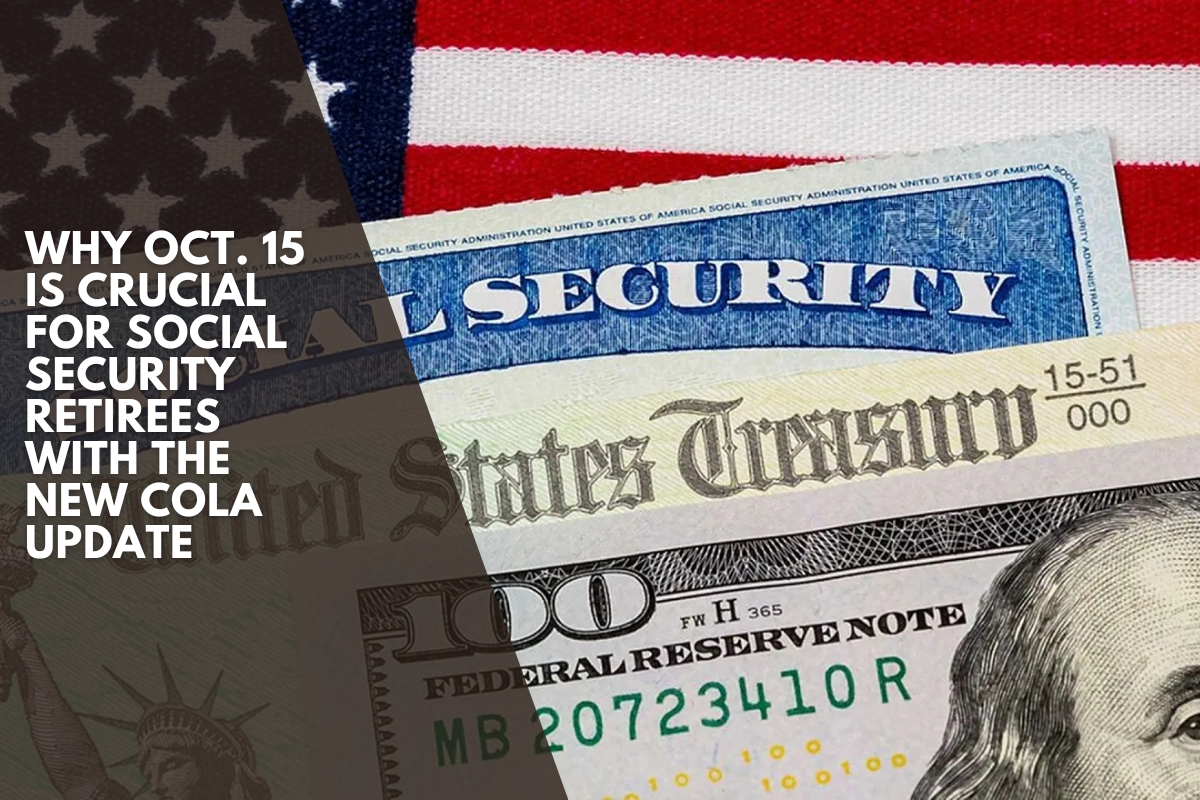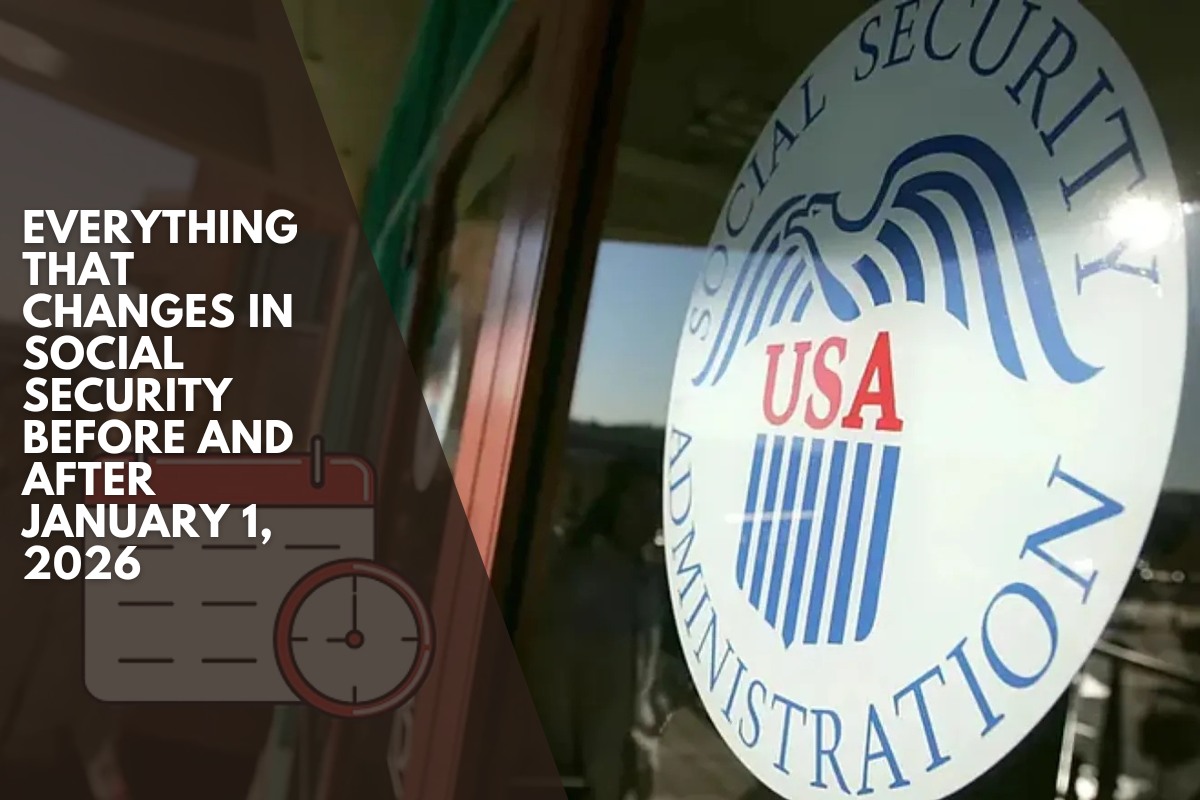California has one of the highest minimum wages in the country, and in 2025 it will be set at $16.50 per hour for most workers.
However, there are exceptions and special rates for certain industries, including fast food, healthcare, and some cities with local ordinances.
General minimum wage in California
Beginning January 1, 2025, all employers in California must pay their employees at least $16.50 per hour, regardless of company size. This rate is adjusted annually based on the consumer price index (CPI-W) and cannot be reduced, even if the index falls.
This salary applies to both adults and minors and cannot be negotiated or reduced through employer-employee agreements.
Minimum wage for fast food workers
The new law requires fast food restaurant employees to be paid at least $20.00 per hour beginning April 1, 2024. This rate applies to chains that have more than 60 locations nationwide and do not operate in supermarkets.
Employers in this industry must post the minimum wage order supplement for fast food restaurant employees.
Minimum wage for healthcare workers
Beginning October 16, 2024, certain health care workers will be entitled to a higher minimum wage. Although the exact rate varies depending on the type of facility and location, it is expected to be more than $18.00 per hour in most cases.
Employers should check the Health Care Worker Minimum Wage FAQs to see if their employees are covered by this regulation.
Minimum wages by industry
The Industrial Welfare Commission (IWC) issues industry-specific wage orders. Some of the most relevant are:
Manufacturing industry
Personal services
Health care and cleaning
Retail
Transport
Agriculture and food processing
Each order sets out working conditions, breaks, overtime and minimum rates that may differ from the general state wage.
Local minimum wages
In addition to the state wage, many cities and counties in California have their own ordinances. For example:
– Los Angeles: more than $17.00 per hour
San Francisco: more than $18.00 per hour
– Berkeley, Oakland, San Jose: similar or higher fees
Employers must pay the highest wage among federal, state or local, depending on the job location.
Exceptions and special conditions
Some workers are exempt from the minimum wage, such as:
– Third-party sellers
– Employer’s relatives
– Apprentices during their first 160 hours (may receive 85% of the minimum)
– People with disabilities employed in sheltered workshops (until January 2025)
In addition, employers may not use tips as credit toward the minimum wage.
Know your rate according to your job
The minimum wage in California varies by industry, location, and type of employment. It is critical for employees to understand their rights and for employers to follow current regulations.
Check specific wage orders and see if your city has a higher local rate to ensure you are compensated fairly.












